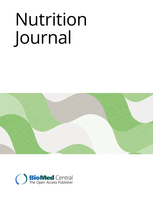 A paper that suggested that eating flaxseed could reduce inflammation in men at risk of heart disease has been retracted, after researchers pointed out the paper’s flaws.
A paper that suggested that eating flaxseed could reduce inflammation in men at risk of heart disease has been retracted, after researchers pointed out the paper’s flaws.
The retraction is part of a large initiative on the part of nutrition researcher David Allison and colleagues to clean up the literature, which we’ve previously covered. Regarding this paper, he told us:
When we looked at the study…it was very clear that the statistical methods used were not correct. These are not matters of debate or opinion, these are just…verifiably incorrect.
The Nutrition Journal published the paper in January 2015, and retracted it in June 2016, one day after publishing a letter by Allison and a colleague critiquing the paper.
Here’s the retraction notice for “Impact of weight loss diet associated with flaxseed on inflammatory markers in men with cardiovascular risk factors: a clinical study:” Continue reading Nutrition study pulled after statistical flaws emerge
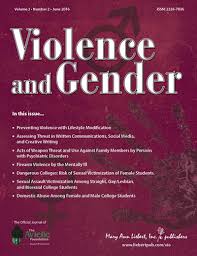 A journal is reviewing a paper about trends in rape at U.S. colleges after the author realized a mistake.
A journal is reviewing a paper about trends in rape at U.S. colleges after the author realized a mistake.
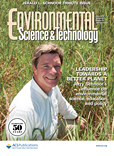
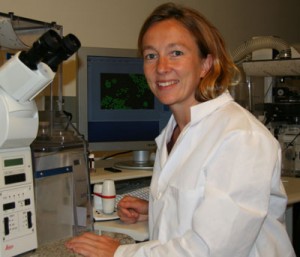
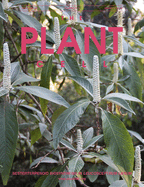

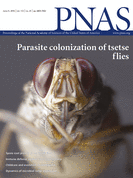
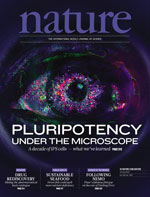
 JAMA has decided not to retract an article about
JAMA has decided not to retract an article about